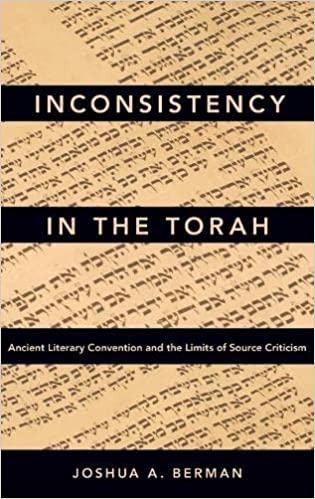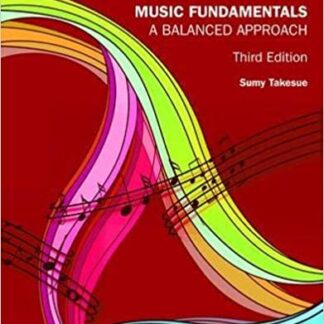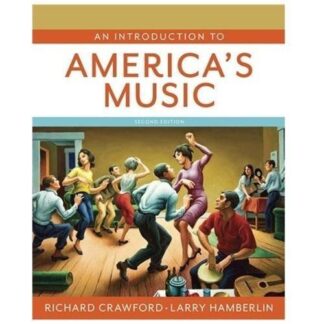Description
Inconsistency in the Torah: Ancient Literary Convention and the Limits of Source Criticism by Joshua A. Berman, ISBN-13: 978-0190658809
[PDF eBook eTextbook]
- Publisher: Oxford University Press; 1st edition (July 13, 2017)
- Language: English
- 320 pages
- ISBN-10: 0190658800
- ISBN-13: 978-0190658809
Inconsistency in the Torah is a critical intellectual history of the theories of textual growth in biblical studies. The historical critical approach to the Pentateuch has long relied upon scholarly intuition concerning some of its narrative and legal discrepancies, which scholars have taken as signs of fragmentation and competing agendas. Those hypotheses are, Joshua A. Berman argues, based on anachronistic, nineteenth-century understandings of ancient Near Eastern and biblical law as statutory law. Indeed, the Pentateuch’s inconsistencies are not dissimilar to types of narrative inconsistencies from Egyptian monumental inscriptions and the historical prologues of the Hittite vassal treaty tradition. Berman here explores the inconsistencies between the Pentateuch’s four corpora of law by surveying the history of legal theory and its influence on the critical study of biblical law. He lays bare how the intellectual movements of the eighteenth and nineteenth centuries impeded the proper execution of historical critical method in the study of the Pentateuch. Ultimately he advocates a return to the hermeneutics of Spinoza and the adoption of a methodologically modest agenda. This book is a must-read for Biblicists looking to escape from the impasse and extreme fragmentation gripping the field today.
Table of Contents:
Abbreviations
Introduction
Part I – Inconsistency in Narrative
Setting Conflicting Histories Side by Side:
1. Diverging Accounts within the Kadesh Inscriptions of Ramesses II
2. The Exodus Sea Account (Exod 13:17-15:19) in Light of the Kadesh Inscriptions of Ramesses II
Disparity in the Sovereign’s Recounting of History to His Vassal
3. Divergent Histories between Original and Renewal Treaties in Hittite Diplomatic Literature
4. Retold History in the Book of Deuteronomy in Light of the Hittite Treaty Tradition
Part II – Inconsistency in Law
5. The Pivotal Characterization: Ancient Law as Non-Statutory Law
6. The Misapplication of “Strict Construction” and the Semblance of Contradiction
7. Honoring a Law Code and Diverging from Its Dictates in the Neo-Babylonian King of Justice and in the Book of Ruth
8. Blending Discordant Laws in Biblical Narrative
9. Legal Revision in the Torah Law Collections: Supersessionist or Complementary?
10. Redacting The Torah’s Conflicting Laws: New Empirical Models
Part III – Renewing Pentateuchal Criticism
11. A Critical Intellectual History of the Historical-Critical Paradigm in Biblical Studies
12. The Abuses of Negation, Bisection and Suppression in the Dating of Biblical Texts: The Rescue of Moses (Exodus 2:1-10)
13. Source Criticism and Its Biases: The Flood Narrative of Genesis 6-9
14. Conclusion: A New Path Forward
Bibliography
Subject Index
Index of Scriptural Passages
What makes us different?
• Instant Download
• Always Competitive Pricing
• 100% Privacy
• FREE Sample Available
• 24-7 LIVE Customer Support




